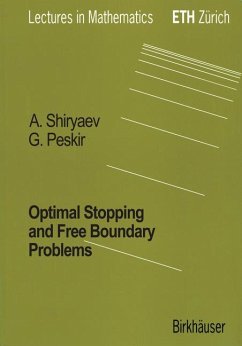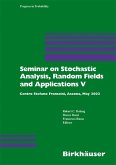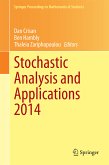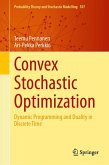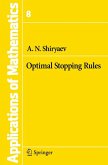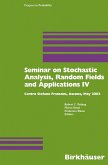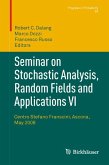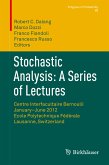A fascinating connection between optimal stopping and free-boundary problems are covered by this book. The analysis uses minimal tools and focuses on key examples. The general theory of optimal stopping is exposed at its basic principles in both discrete and continuous time. It marries the classic methods of solution with more recent ones and a detailed chapter on stochastic processes makes the material more accessible to a wider cross-disciplinary audience. The book is an ideal compendium for an interested reader wishing to master stochastic calculus via fundamental examples. Areas of application where examples are worked out in full detail include financial mathematics, financial engineering, and mathematical statistics. The book will appeal to graduate and postgraduate students, researchers, and practitioners.
Dieser Download kann aus rechtlichen Gründen nur mit Rechnungsadresse in A, B, BG, CY, CZ, D, DK, EW, E, FIN, F, GR, HR, H, IRL, I, LT, L, LR, M, NL, PL, P, R, S, SLO, SK ausgeliefert werden.

